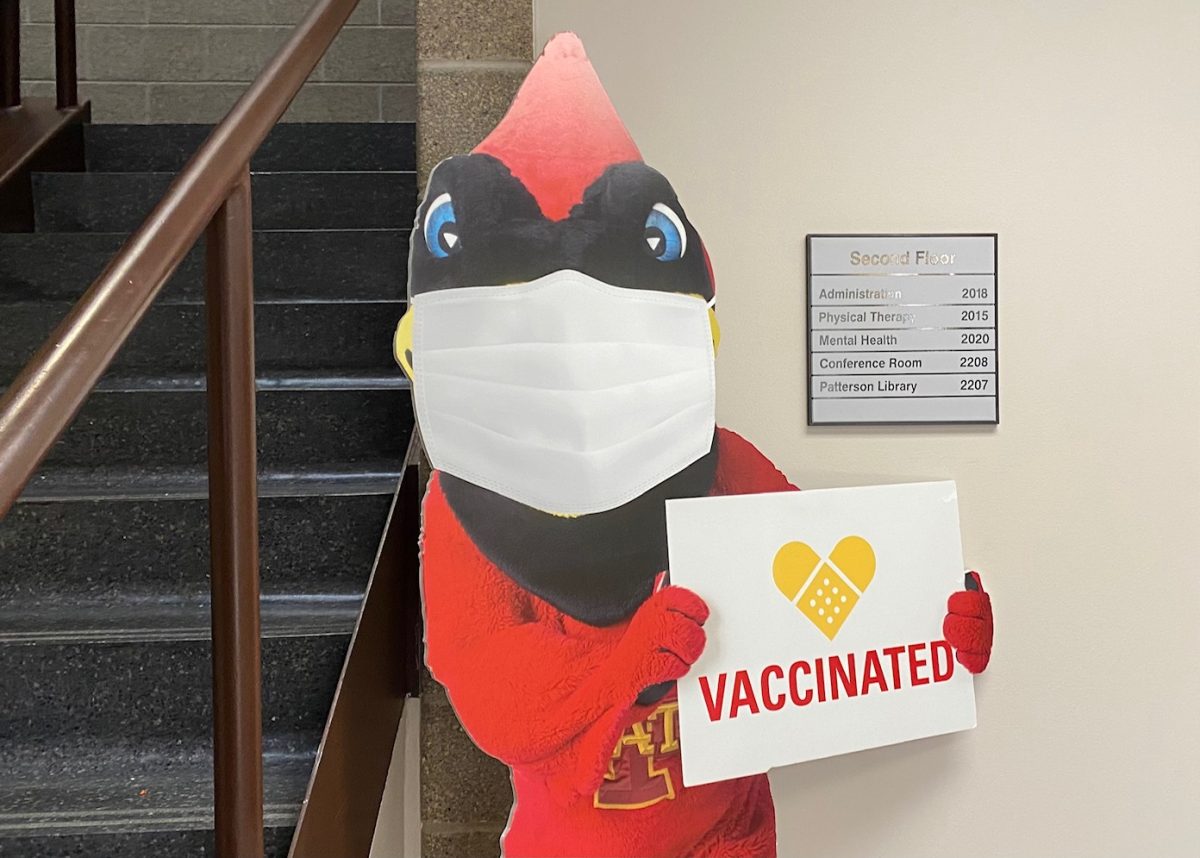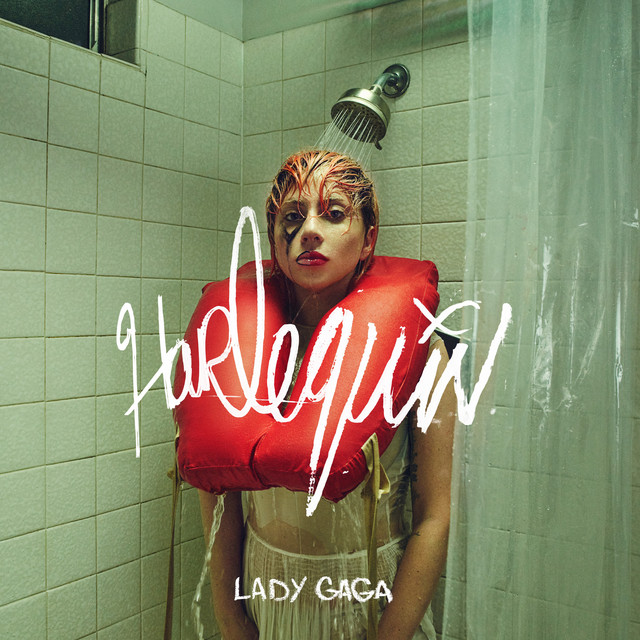Discovery changes herbicides
January 13, 1999
There have been many discoveries that change the way we live and treat our environment, but some of the most amazing may be the ones discovered by accident.
This is what happened to horticulture professor Nick Christians. From an offshoot of another experiment he did in 1986, Christians discovered a natural pre-emergent herbicide made of corn gluten.
He said the objective of his experiment was to study the effects of a fungal organism known as pythium on creeping bentgrass, a grass used on golf course greens.
The experiment did not generate the results Christians expected. But after a series of tests, he found that the active component in the protein fraction of the corn gluten meal, a byproduct of the corn wet-milling process, could be used as a natural herbicide.
Corn gluten herbicide works because “there are some natural chemicals in it that inhibit root formation at the time of germination,” Christians said.
He said the timing of application is very important; the herbicide must be applied before the weeds germinate.
Kenneth Kirkland, director of the Office of Intellectual Property and Technology Transfer, said the corn gluten herbicide has an exemption from the Environmental Protection Agency. It is safe, natural and will not harm children. No toxicology tests had to be done on it.
“This is the only natural product marketed for weed control, and it seems to be well-accepted,” Christians said.
Mary Kleis, manager of technology licensing at ISU, said there are sometimes legal incentives in using the natural herbicide instead of chemicals.
“There are parks in flood plains that people are concerned about using chemical herbicides on, and this is safe,” Kleis said.
Warren Jensen, owner of Safe Earth Lawn and Garden Care, Inc., in West Des Moines, said consumers’ reasons for purchasing the herbicide will determine how satisfied they are with its performance.
“People that are environmentalists have one perspective, while people who want the product to work as well as chemicals may have another reaction,” Jensen said. “People who expect the natural herbicides to work as well as chemicals may be disappointed.”
He said the corn gluten is selling well so far, but people need more exposure to the natural herbicide to make it more successful.
Kleis uses the corn gluten herbicide and she thinks it works well.
“It’s just as easy to use as chemicals, and my dog enjoys licking it off of the lawn after it has been applied,” she said.
Jensen said the product works differently than chemicals. Chemical herbicides kill the weeds, while the corn gluten prevents establishment of a root system.
Christians said the herbicide works on a variety of broad-leaf and grass-seed weeds.
Crabgrass is the primary target, but it also helps to inhibit dandelions and clover at time of germination, and helps green the grass because it contains 10 percent nitrogen. It can also be used as a “weed and feed,” which means it both kills germinating weeds and stimulates the growth of established plants.
Research is being done to make the product more effective. Christians said a lot of work is being done by organic growers on products such as garlic, radishes, carrots, cotton, sugar beets, ginseng and soybeans.
“There are a lot of materials out there with potential for pesticides,” he said.
Research is also being done at ISU on strawberries and the sprayable corn gluten items.
“It is very effective in the lab, but not as effective in the field because we have to find ways to stabilize it,” Christians said.
He said he does not believe the corn gluten meal will change the future of chemicals, but he does see an increase in interest in naturally- occurring material as a substitute for pesticides.
Gail Nonnecke, professor of horticulture, said she thinks the corn gluten herbicide will change the way we live because growers and consumers want to have a benefit to the environment. She also thinks it will change the way herbicides are used.
“Within horticulture there are many growers producing organic fruits, vegetables, turf and lawns that would be happy to use corn gluten meal because of its nitrogen and weed control,” she said.
There currently are three patents on Christians’ discovery.
“The first is the only one that is licensed, and the other two are derivatives of the corn gluten meal,” Kleis said.
Christians said the first patent is for corn gluten meal as a pre-emergent herbicide, the second is for corn gluten hydrolysate, which is corn gluten meal spray, and the third patent is for the natural chemicals that are responsible for the activity.
The ISU Research Foundation, Inc., bought the invention from Christians, so the foundation owns the discovery and paid for the patents.
Christians said the corn gluten herbicide already is marketed nationwide and hopefully will expand in sales.
According to Kleis, more than $1 million in sales of corn gluten meal herbicides were made in 1998.
Christians has received awards for his discovery, including an Iowa Inventor of the Year award on Oct. 30, and a R&D 100 award in 1996 for being one of the top 100 new technologies of the year.






